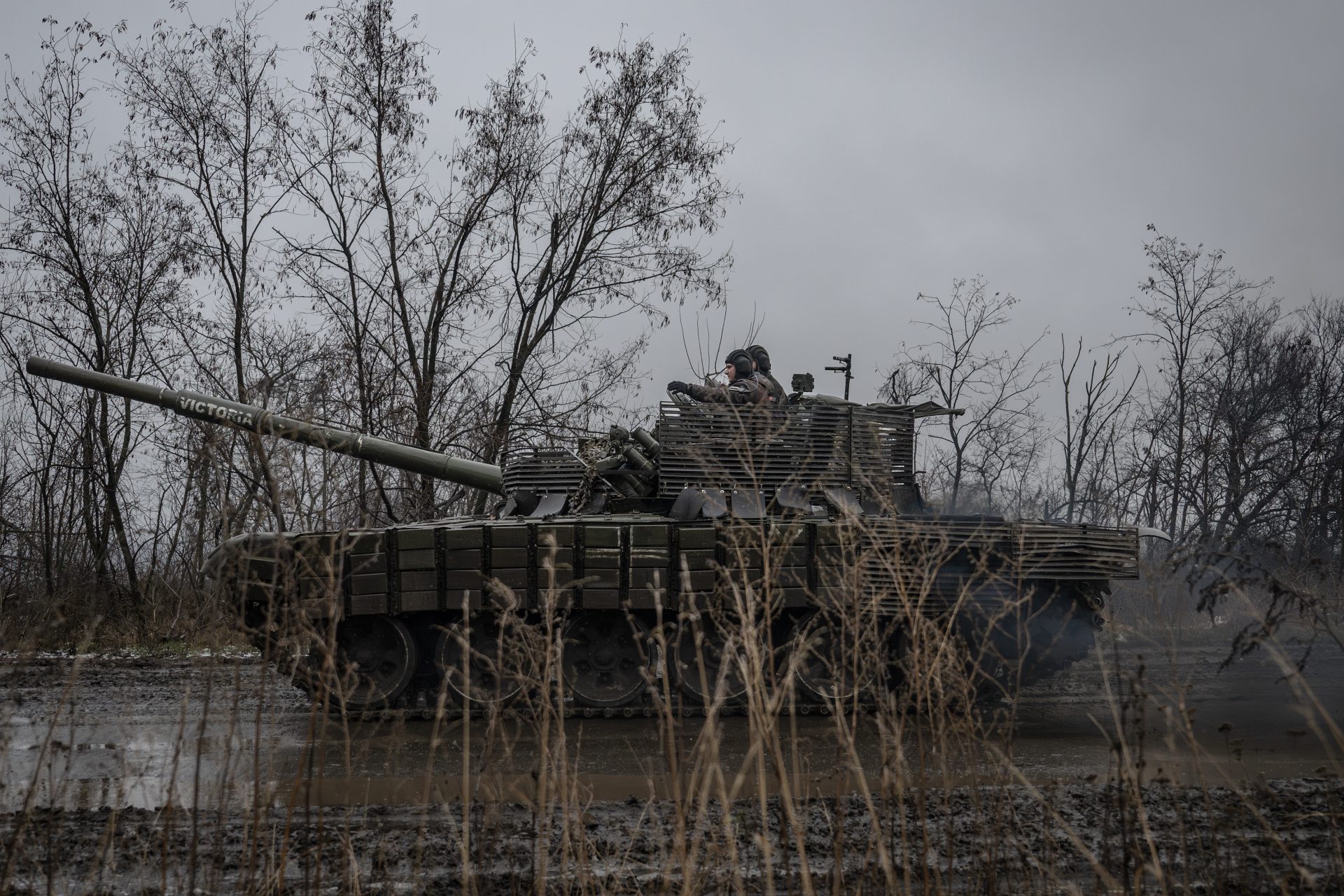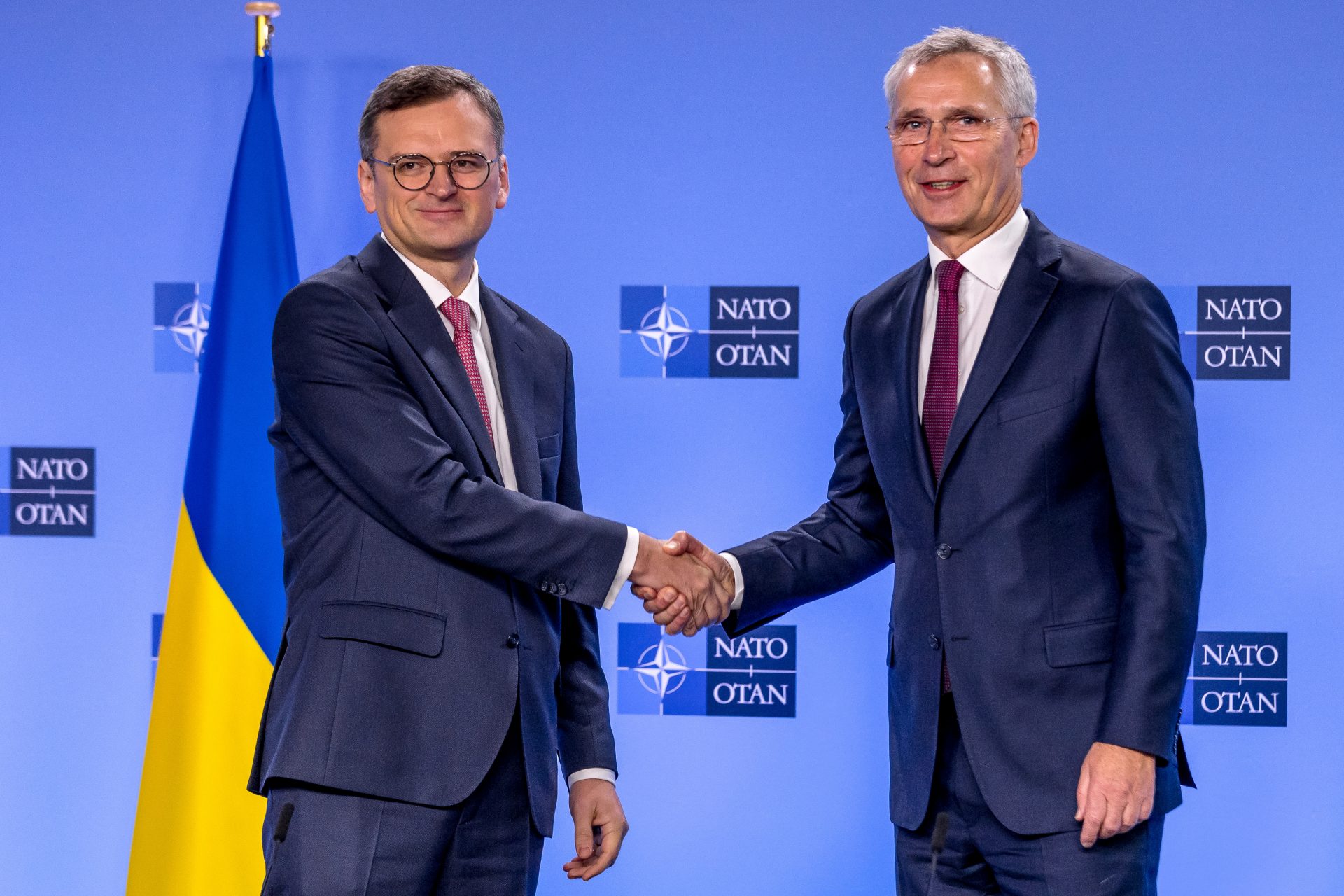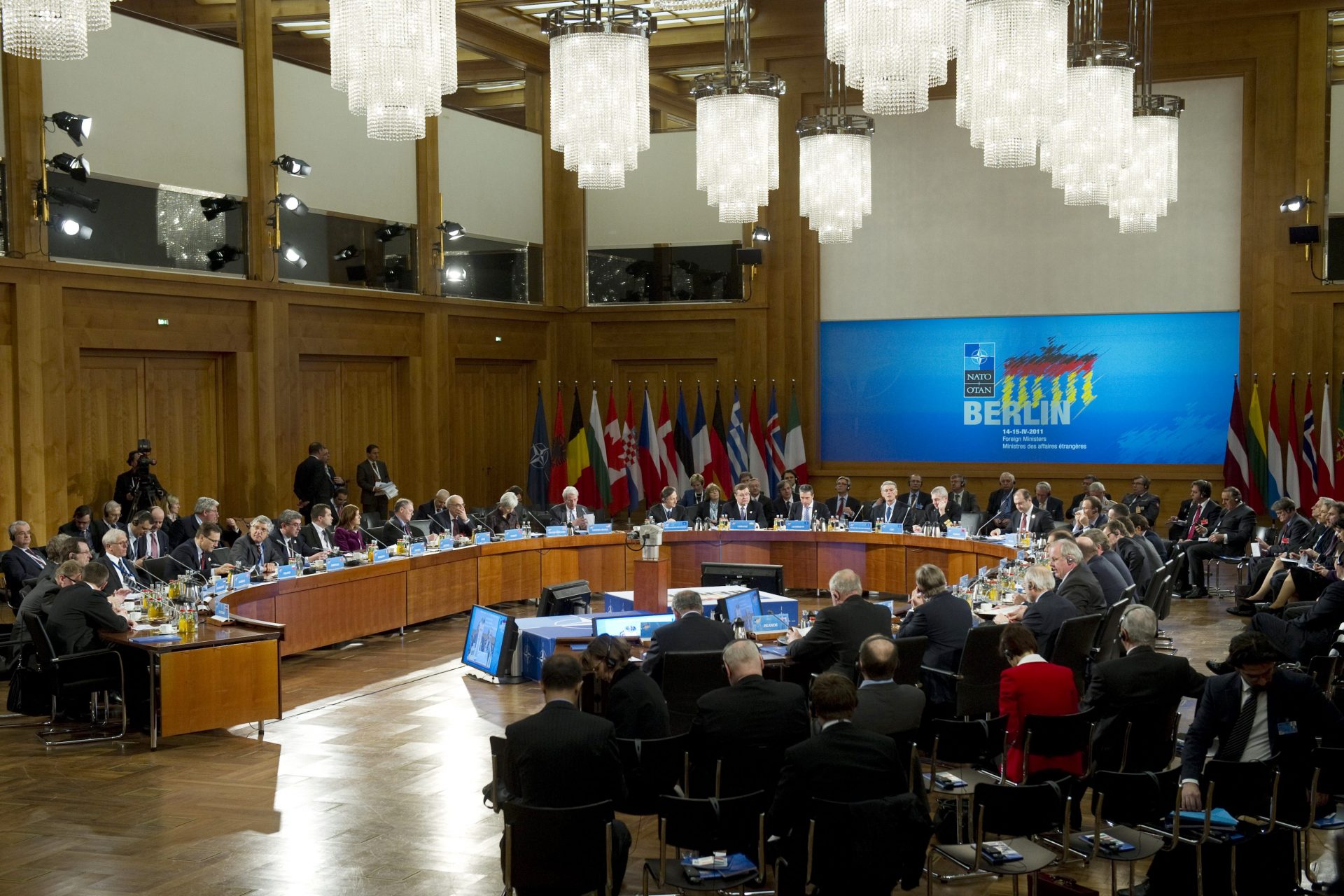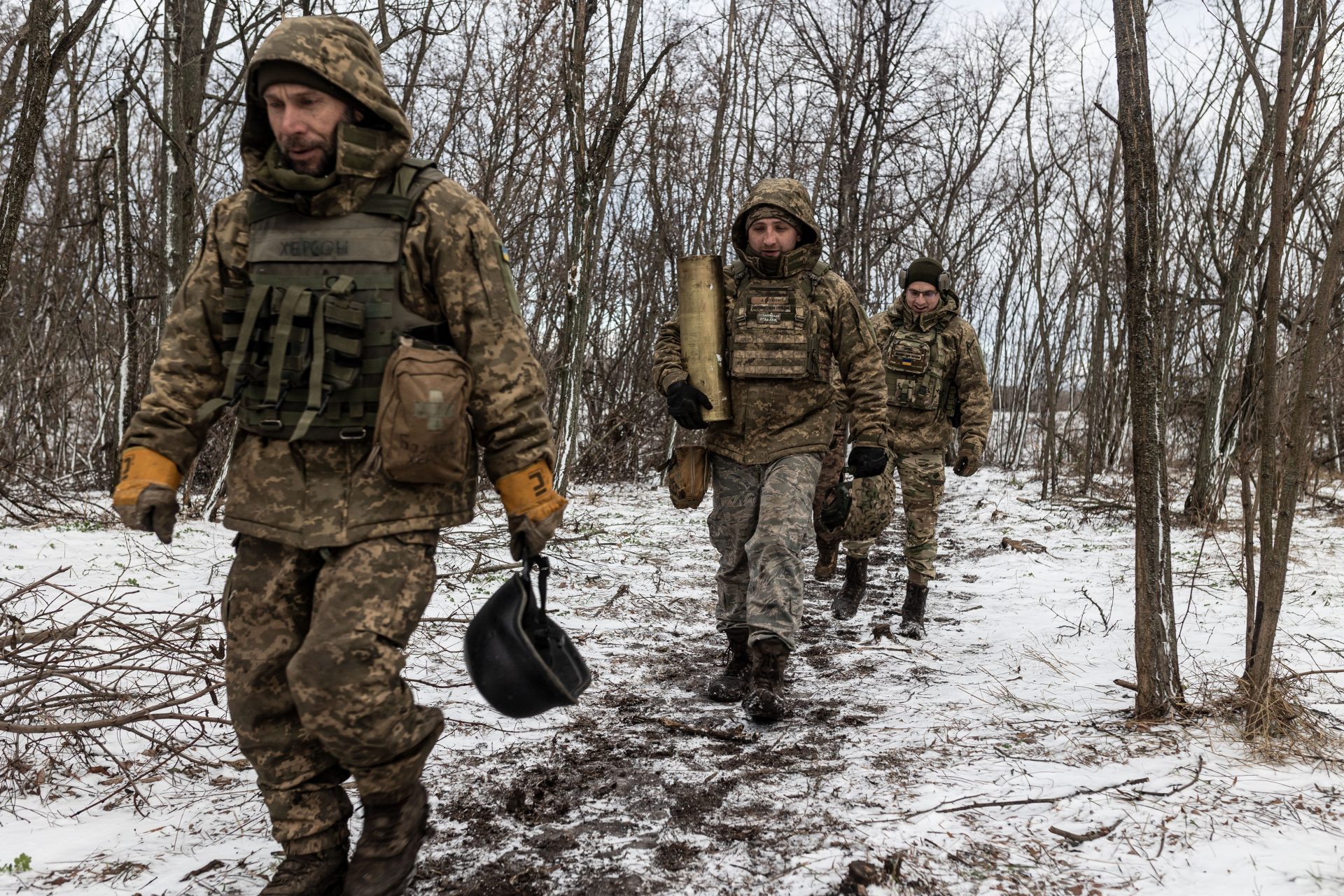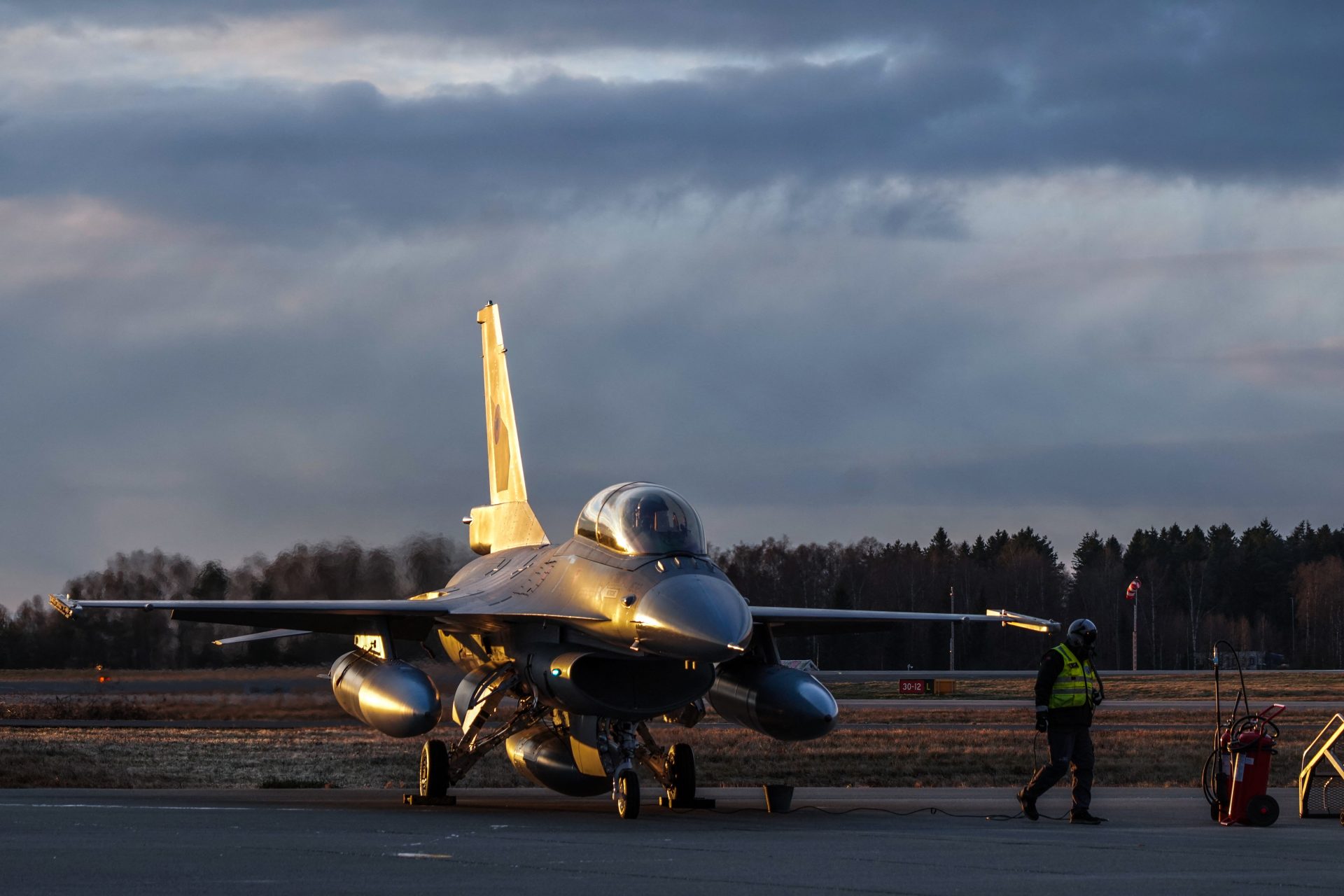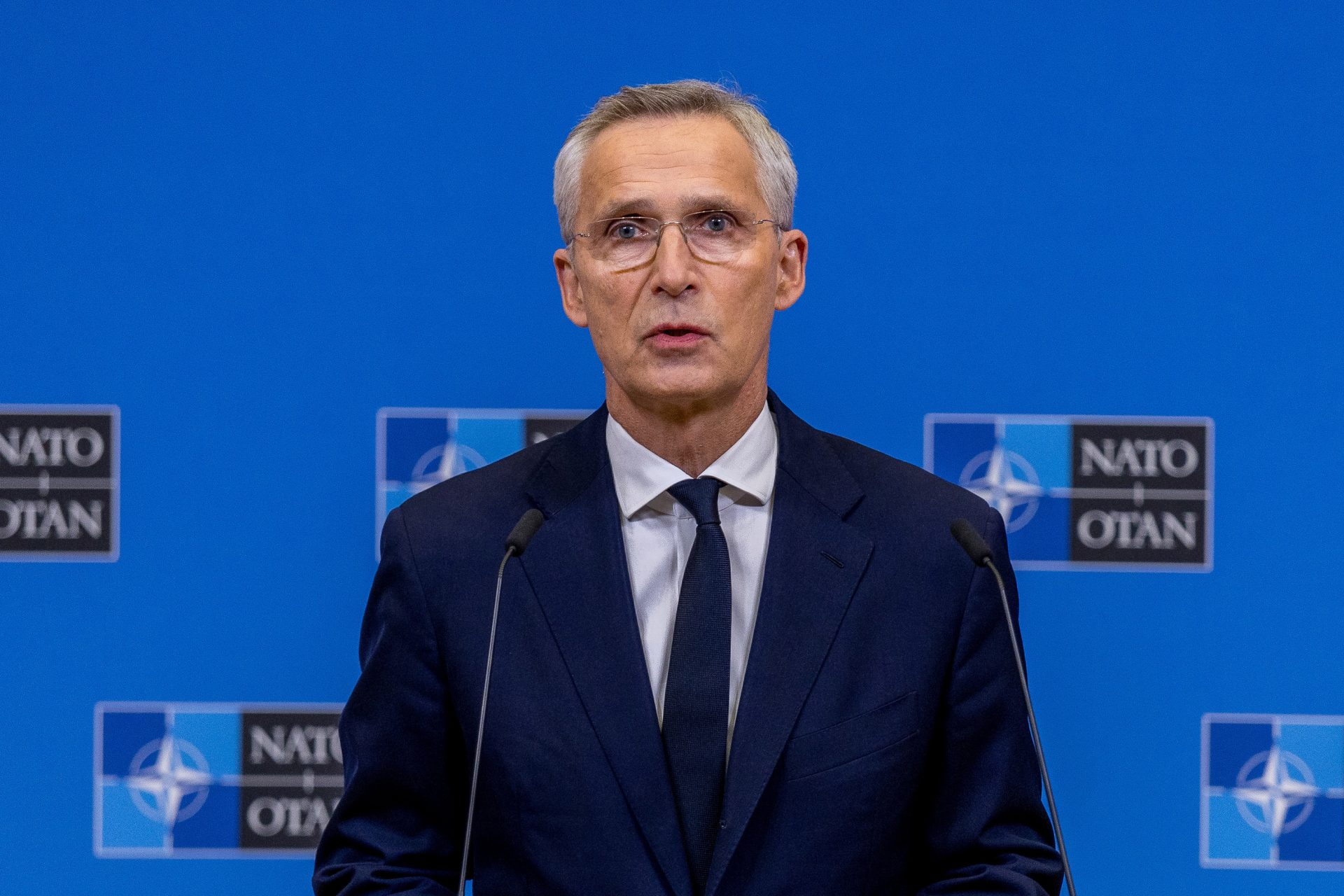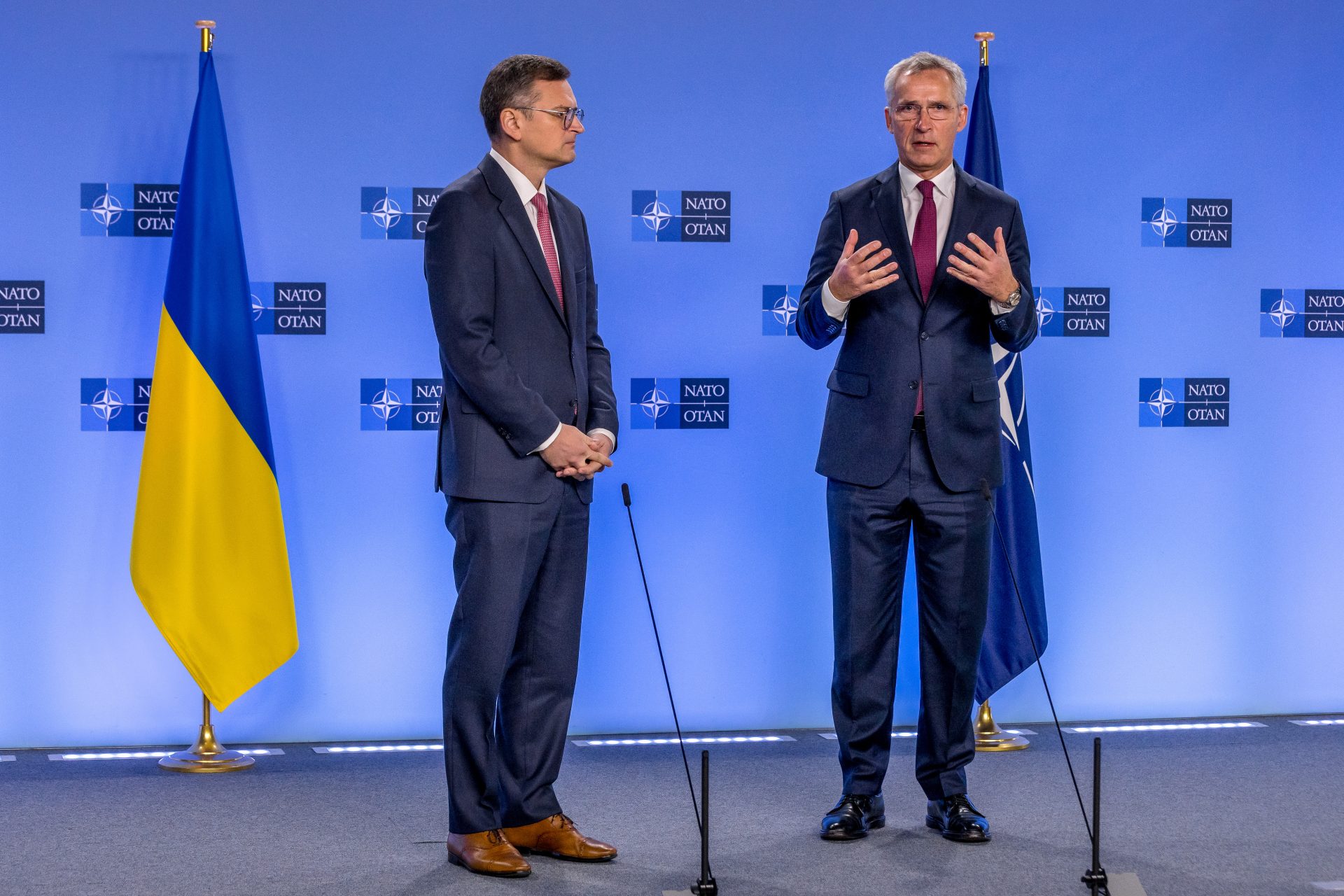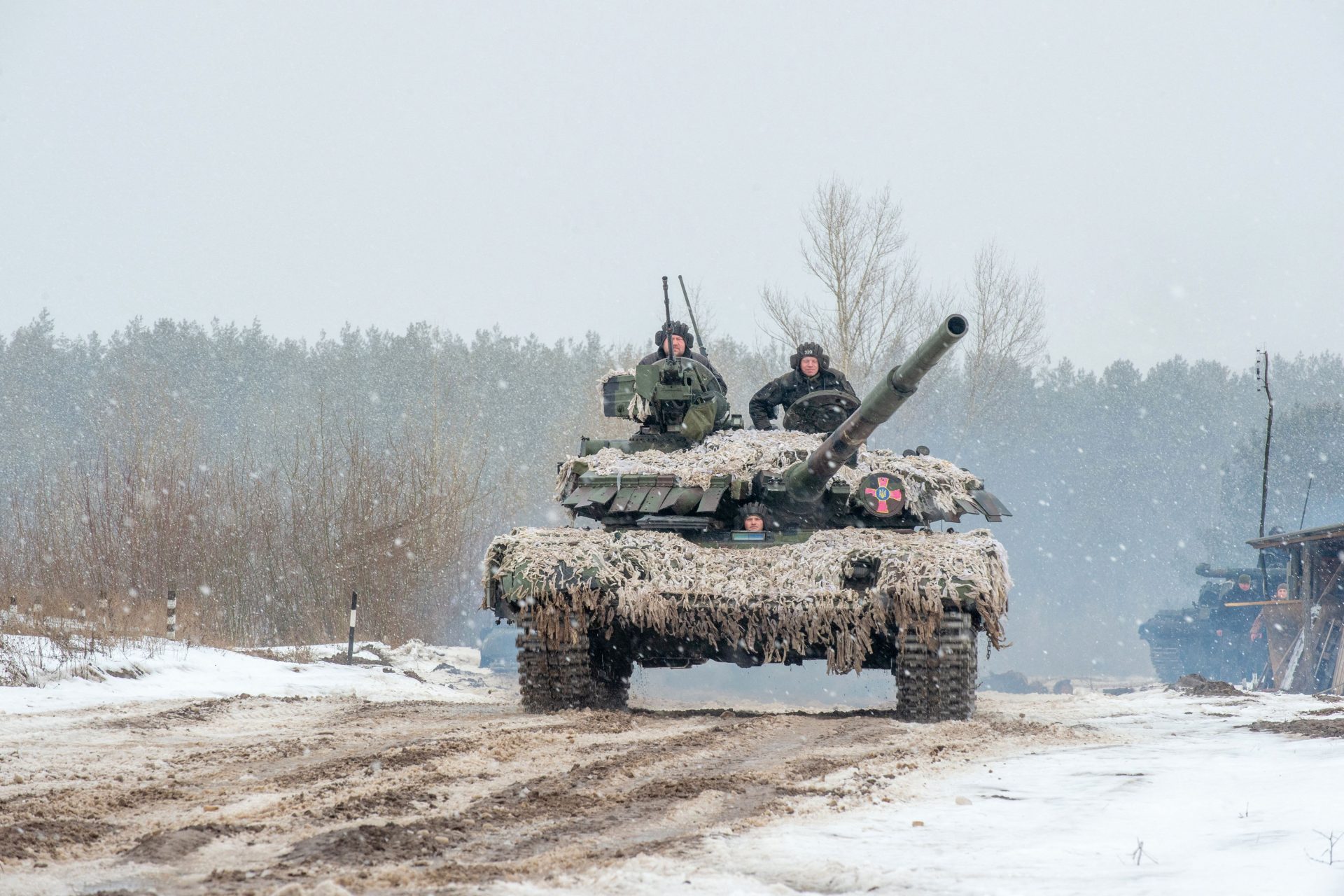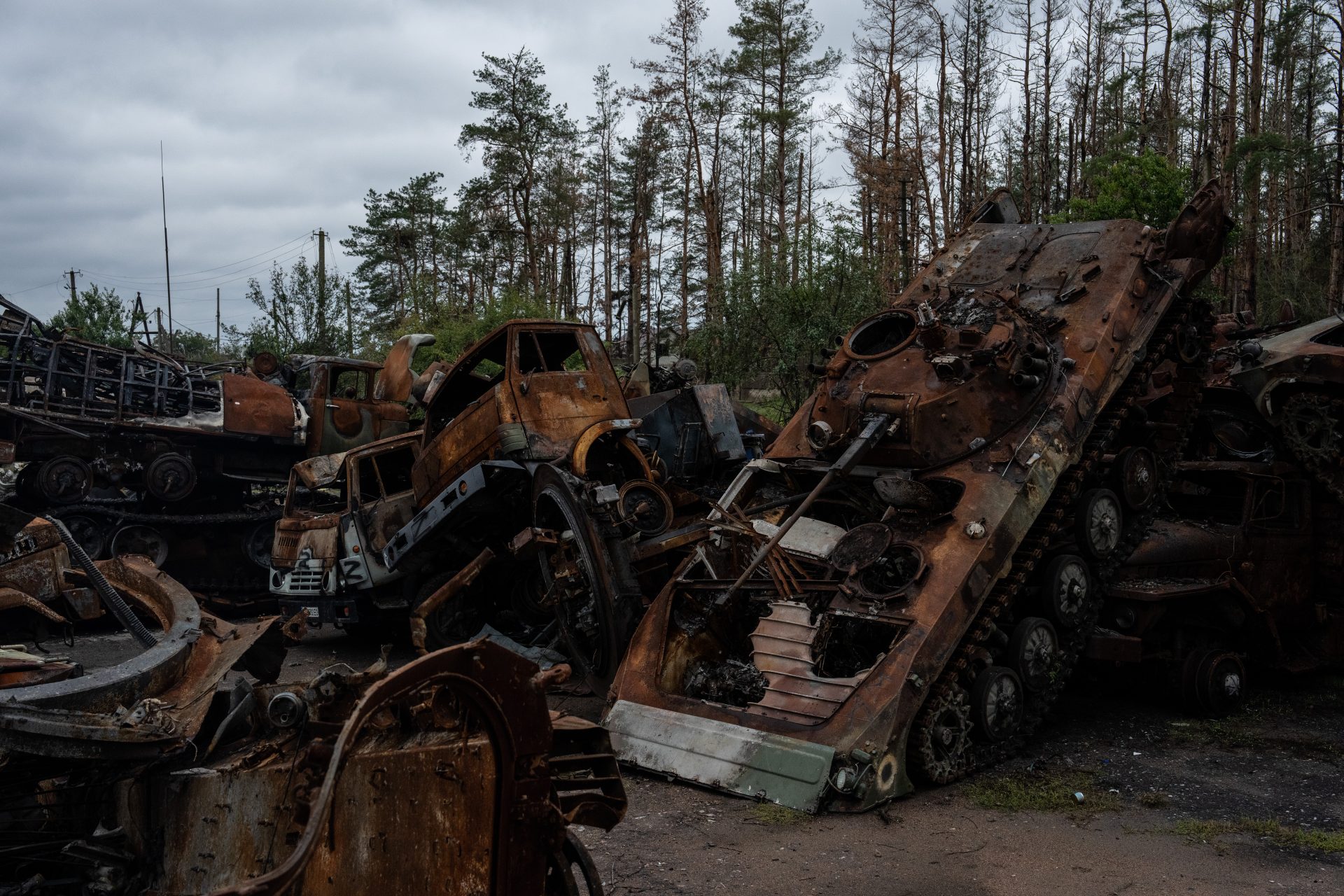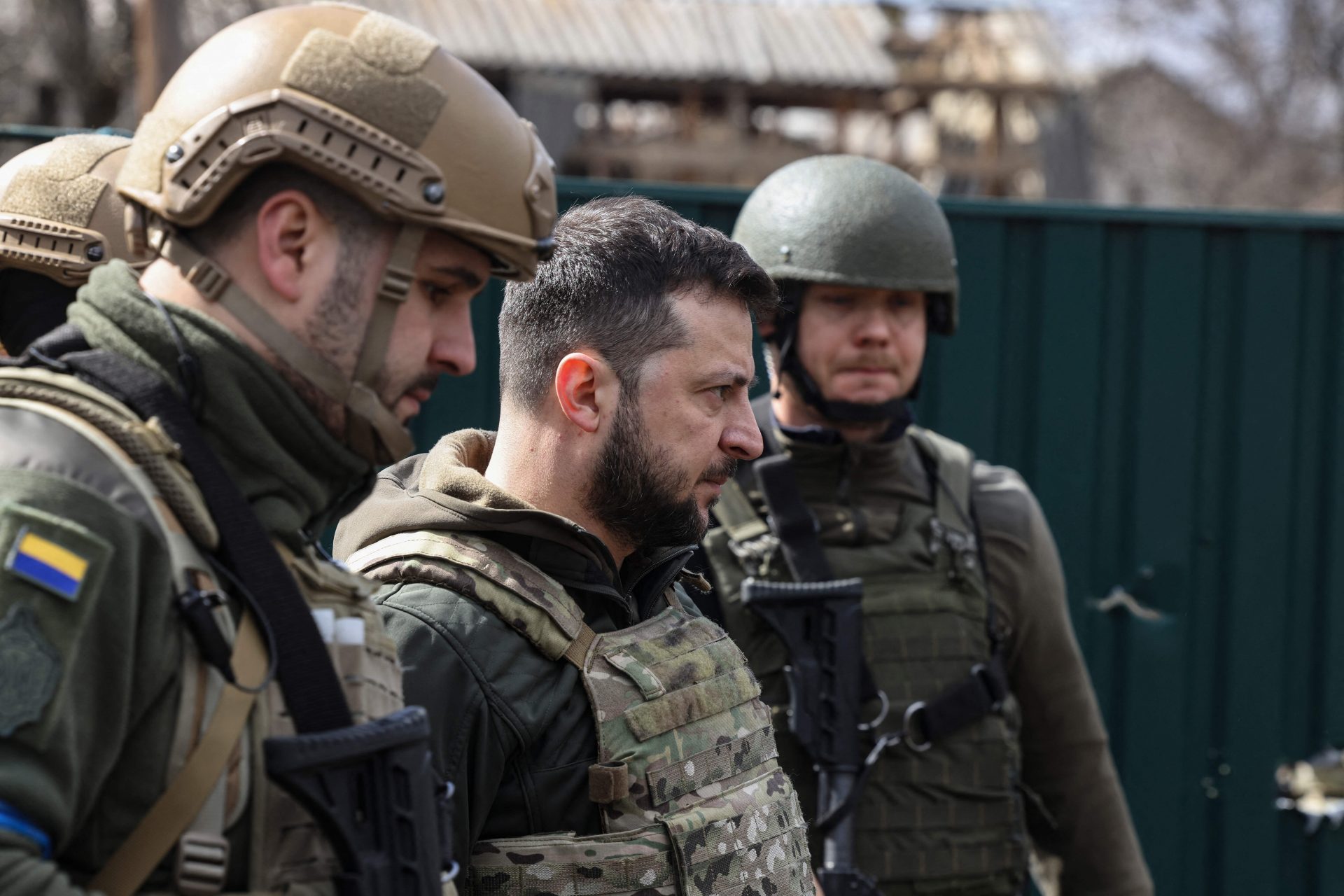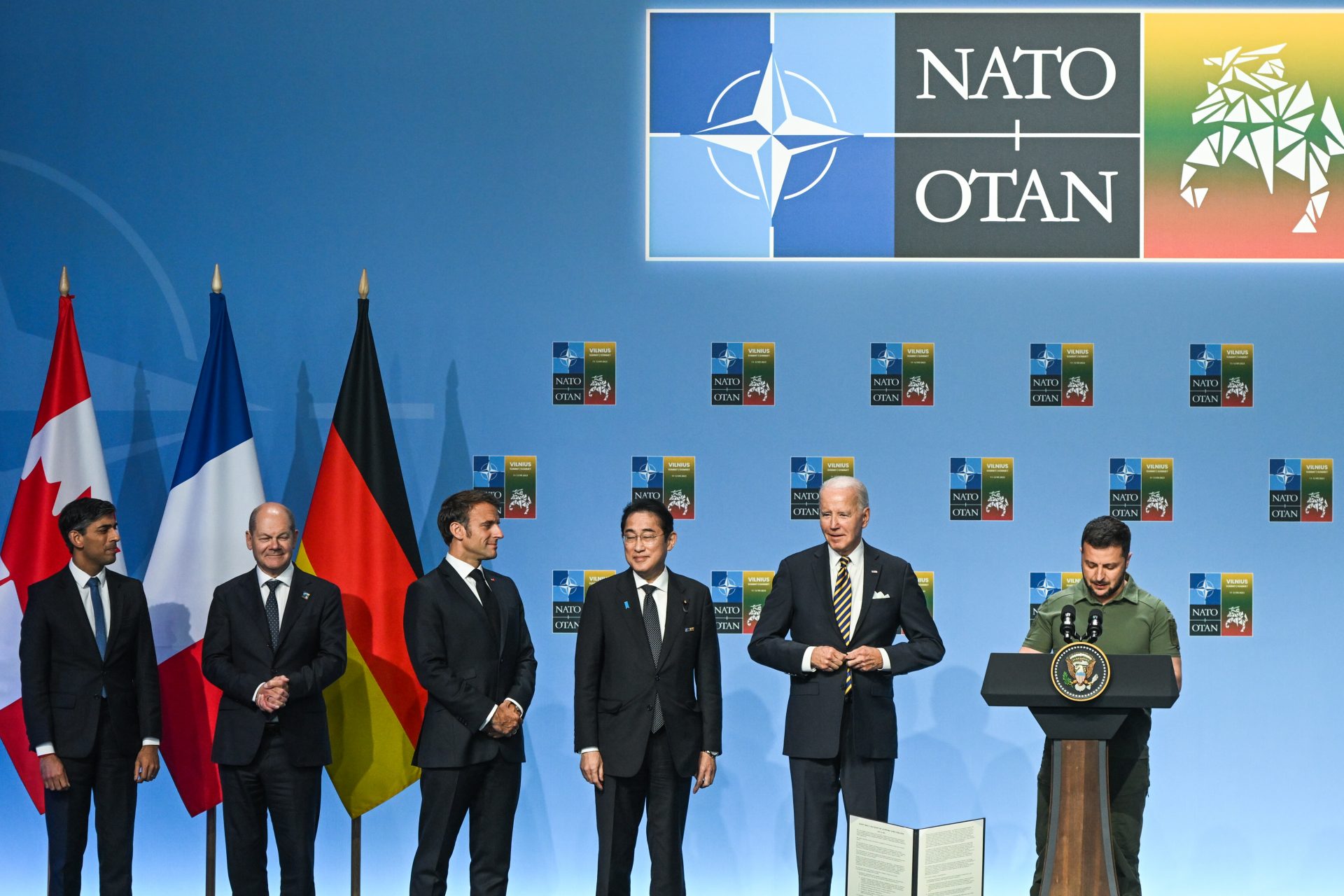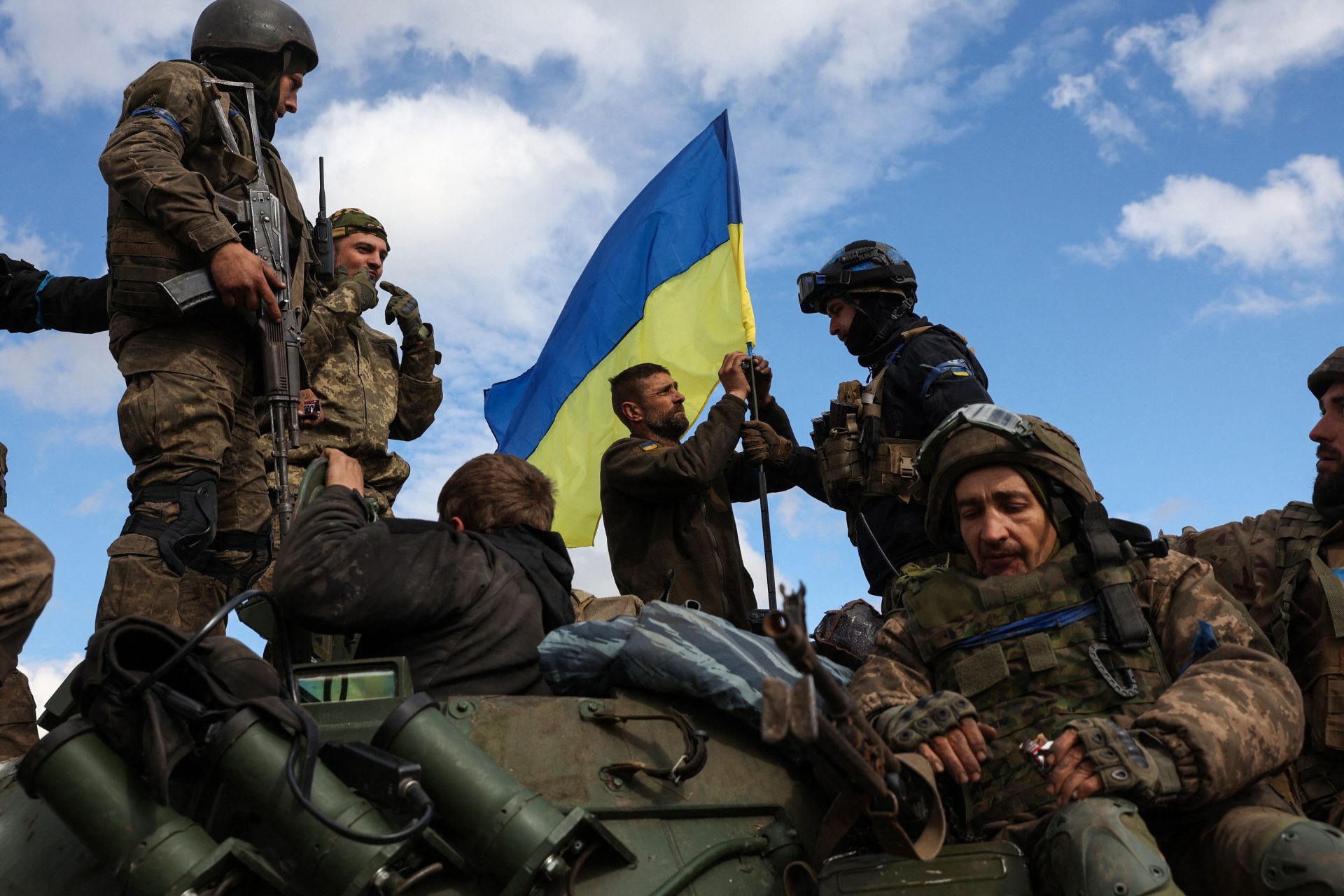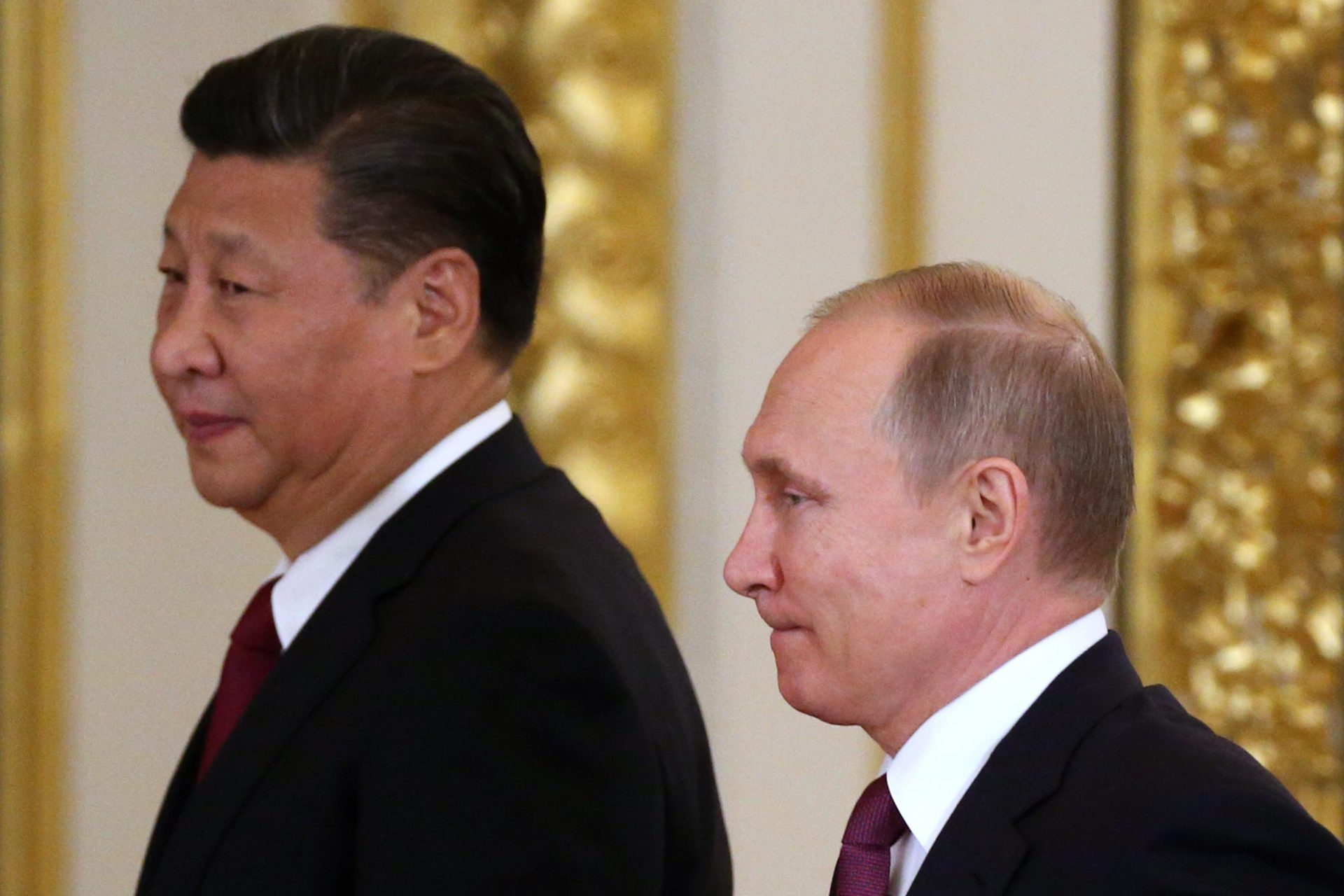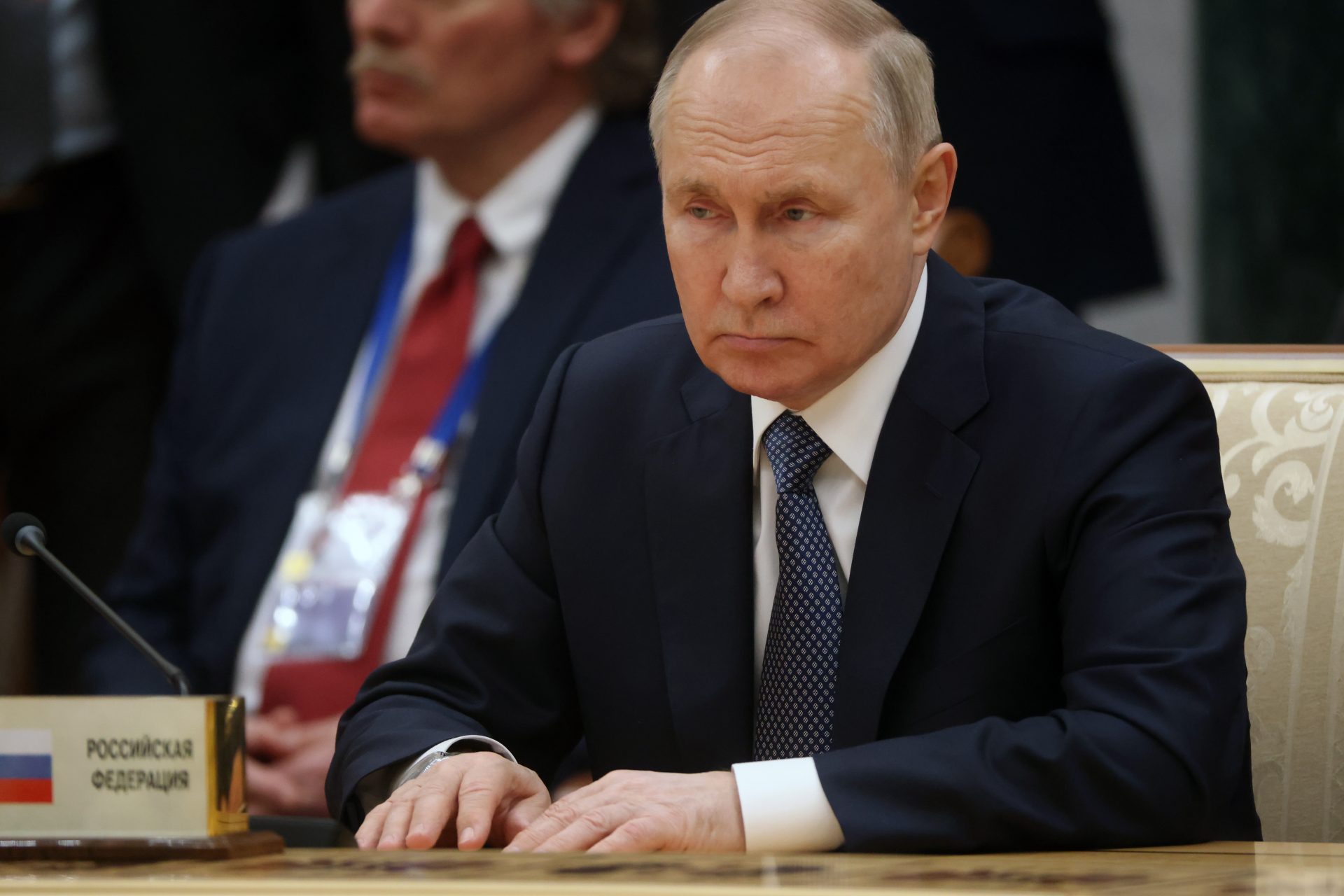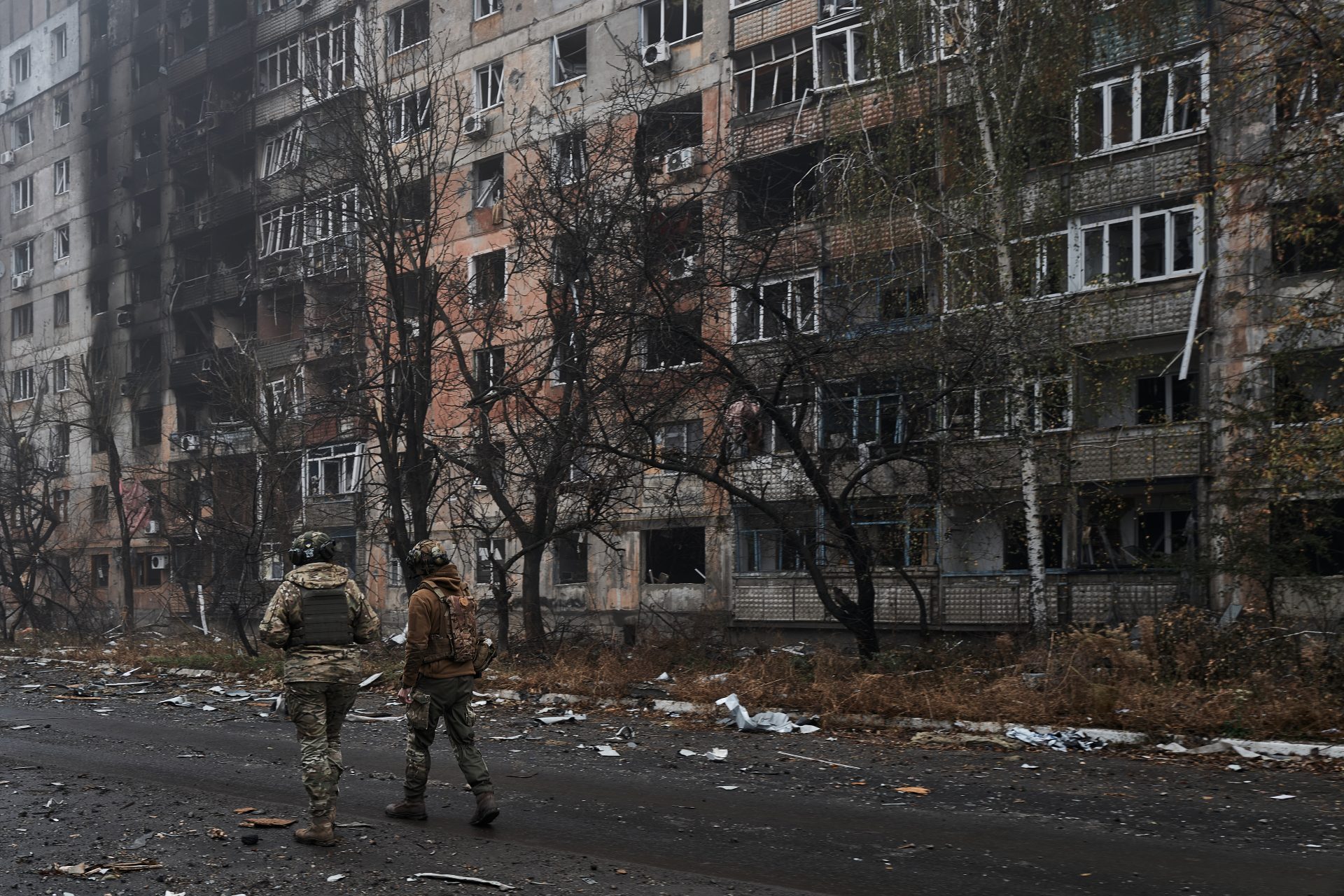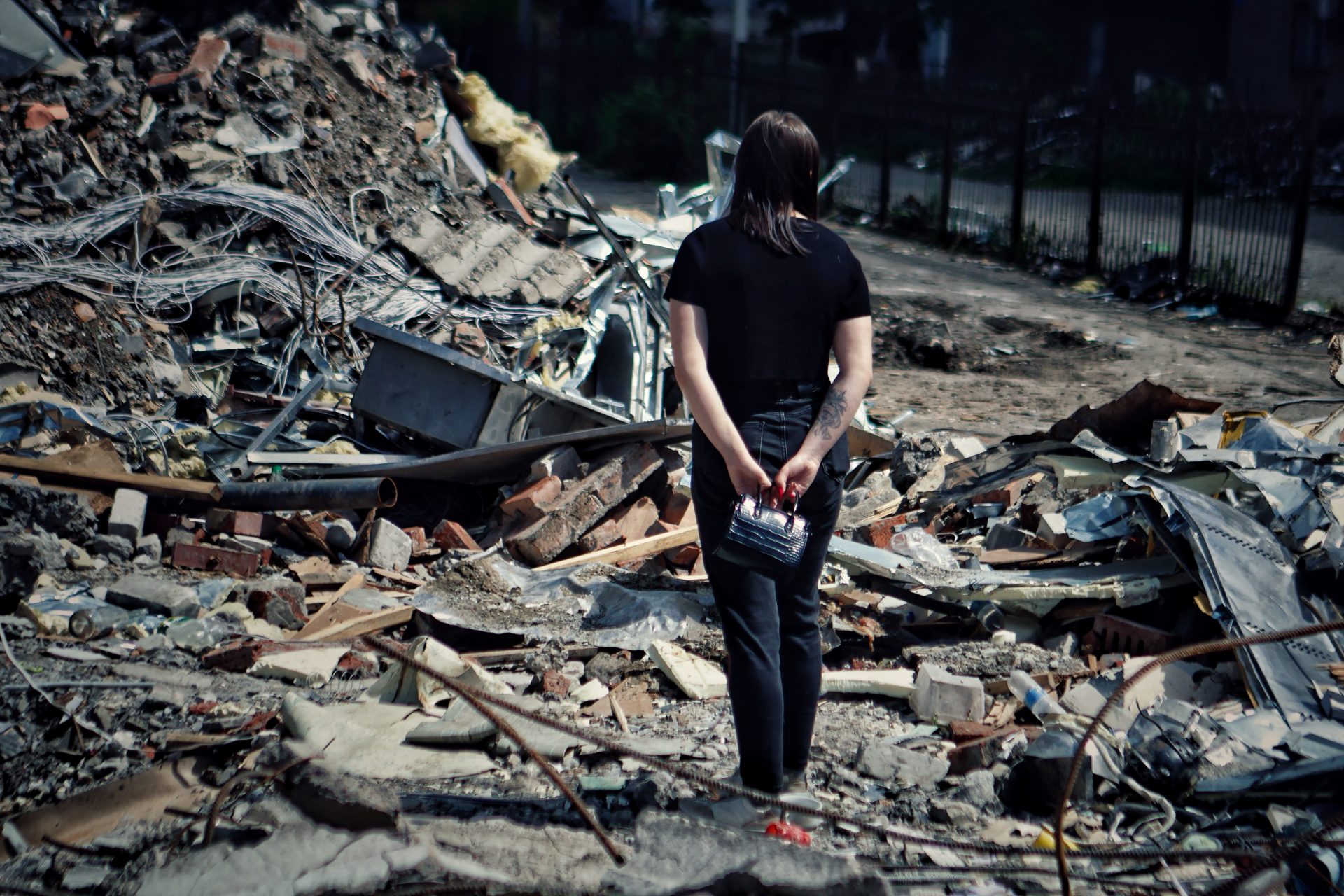NATO chief warns world to prepare for a long war in Ukraine
NATO Secretary General Jens Stoltenberg has warned that the Western alliance needs to prepare for a long conflict between Ukraine and Russia as the hope of quickly pushing Russian forces out for the country has faded.
On November 29th, Stoltenberg welcomed Ukrainian Foreign Minister Dmytro Kuleba to the NATO alliance’s headquarters in Brussels for the first foreign ministers level meeting of the NATO-Ukraine Council.
The NATO-Ukraine Council is a joint body set up by the alliance’s members and Ukraine in order to promote conversation and cooperation between the powers as Ukraine works towards its goal of joining the NATO alliance.
This most recent meeting of the council was met with the grim reality of the situation on the ground in Ukraine and Secretary General Stoltenberg relayed the very real fear that there was no weapon that would end the war quickly.
Speaking about the effectiveness of Ukraine's future F-16 fighter jets, Stoltenberg told reporters after the meeting of foreign ministers that the aircraft would make a difference in the conflict but added that they would not win the war.
“I think we need to now realize that there is not a silver bullet, not a single system that by itself will change fundamentally the situation on the battlefield,” Stoltenberg explained before commenting on the need to prepare for a long war.
“This is a question of many different capabilities working together at the same time that will push the Russians back. We have to be prepared for a long and hard fight” the NATO Secretary General added.
Stoltenberg’s warning wasn’t the first time he’s noted that the world needs to be ready to endure a long and drawn-out conflict with Russia. In September, the NATO chief made a similar comment, which set off alarm bells.
“Most wars last longer than expected when they first begin,” Stoltenberg in an interview with Germany’s Funke media group published Sunday according to Politico. “Therefore we must prepare ourselves for a long war in Ukraine.”
“We all want a quick peace… at the same time, we must recognize that if Zelensky and the Ukrainians stop fighting, their country will no longer exist,” the NATO chief noted. “If President Putin and Russia stop fighting, we will have peace.”
While Stoltenberg’s comments may seem hyperbolic they are a rather interesting look at how the alliance and its members may now be looking at the conflict after nearly a year of stagnating frontlines and a likely failed counter-offensive.
Following the Russian defeats of 2022, hope loomed large that Ukraine would be able to make big progress in the summer of 2023. However, those hopes look like they have vanished amid the ongoing stalled situation on the frontlines.
In his comments following the November 29th foreign ministers meeting, Stoltenberg was more hopeful than most who have assessed the situation. He noted that Ukraine had reconquered 50% of its territory, adding that Russia was weaker than ever.
“As Ukraine has moved forward, Russia has fallen backward. It is now weaker politically, militarily, and economically,” Stoltenberg said, noting that politically, Moscow was losing its influence abroad and mortgaging Russia’s future to China.
Militarily, the NATO chief explained that Moscow has lost hundreds of aircraft as well as thousands of tanks and over 300,000 casualties throughout its invasion of Ukraine, but it was Russia's economic problems that should be the real worry.
“Russia is also under pressure. Oil and gas revenues are dropping. Russian banking assets are under sanctions. Over 1,000 foreign companies have stopped or scaled down their operations.. and 1.3 million people left Russia last year,” Stoltenberg said.
“All of this underlines Putin’s strategic mistake in invading Ukraine,” the NATO Secretary General added. However, can Ukraine outlast Russia in a long war, even when Moscow is suffering from so much damage politically, militarily, and economically?
On December 2nd, Stoltenberg warned that war was unpredictable during an interview with Germany’s public broadcaster ARD but said that more support for Ukraine was the only thing that would bring the war to an end sooner.
“We must also be prepared for bad news. The course of wars is not a steady but a volatile process. We must support Ukraine in both good times and bad. Stoltenberg explained according to Politico’s reporting on the NATO chief's comments.
More for you
Top Stories



